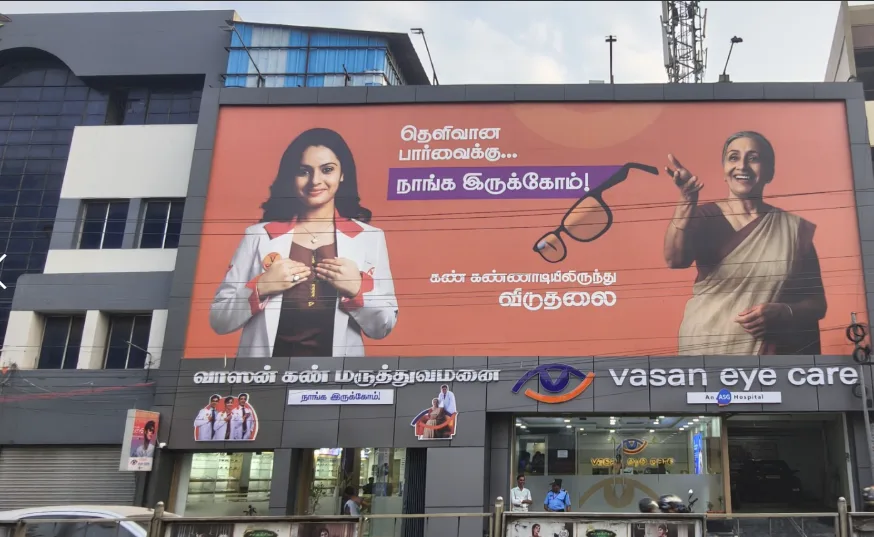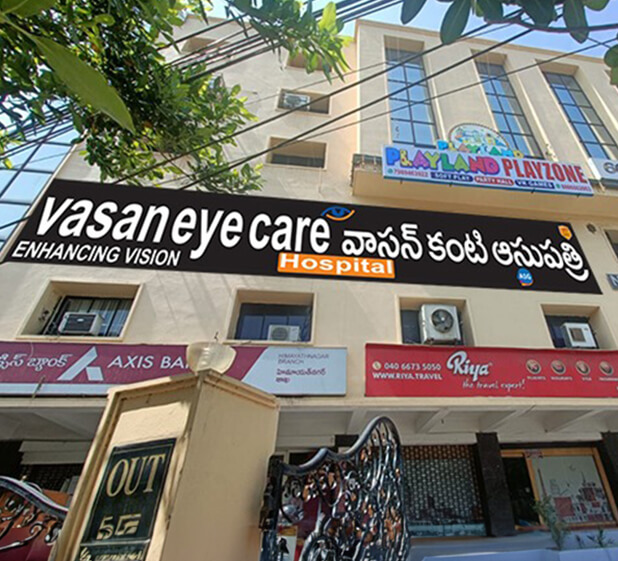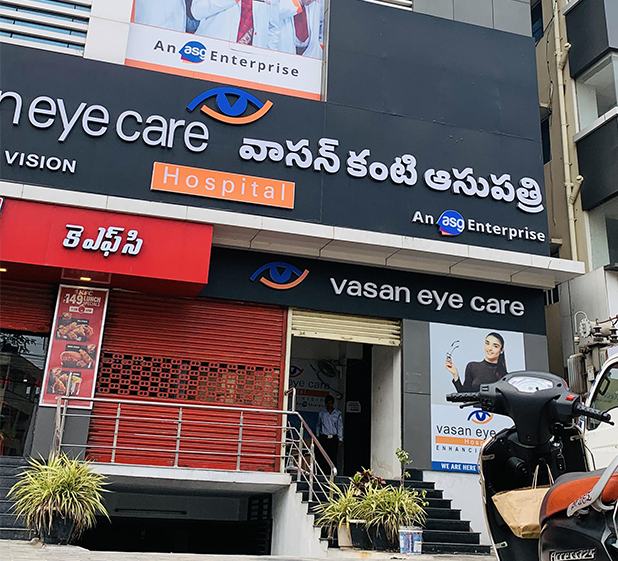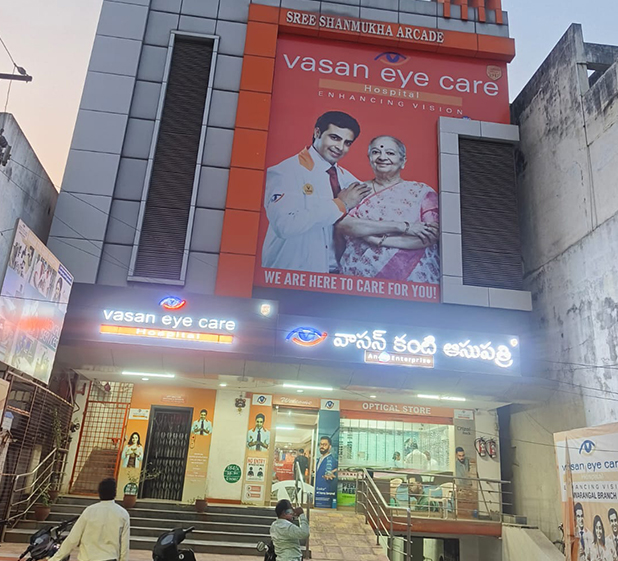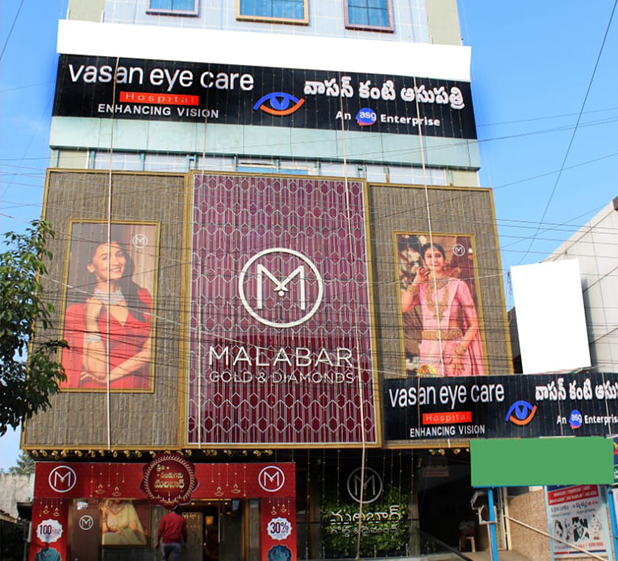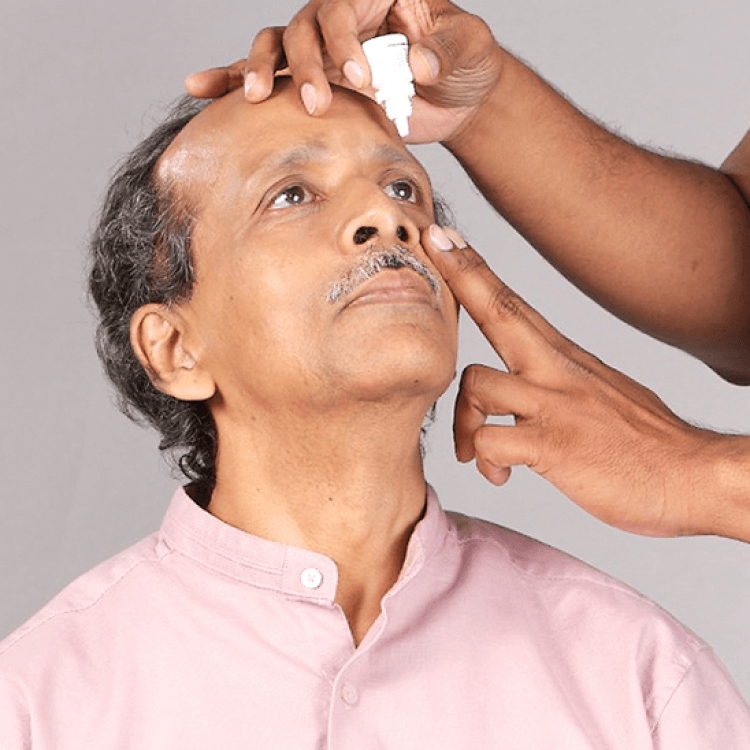About Anti-VEGF
What are Anti-VEGF agents?
Your body produces a protein called Vascular Endothelial Growth factor (VEGF) which is responsible for producing new blood vessels and maintaining them. But in conditions like diabetic retinopathy or age-related macular degeneration, it creates abnormal vessels which tend to bleed, leak and ultimately lead to oedema and vision loss.
Anti-VEGF agents are a group of medications which block the activity of VEGF, therefore reducing bleeding and vascular leakage.
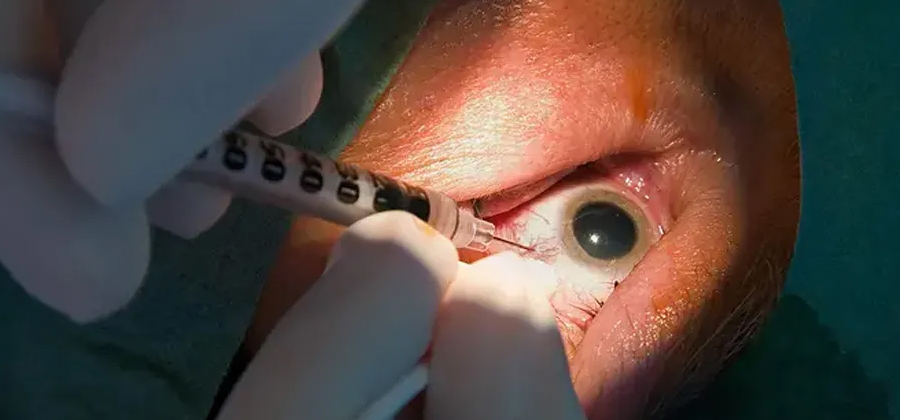
When / Why do I need it
When do I need Anti-VEGF agents?
If you are suffering from any of the eye issues below, our experts might prescribe Anti-VEGF agents.
- Wet age-related macular degeneration (AMD)
- Swelling of the retina called macular oedema
- Diabetic retinopathy
- Retinal vein occlusion
- Retinopathy of prematurity (ROP)
Procedures at Vasan
How our experts treat it
After our experts analyse your condition, they determine whether an Anti-VEGF is ideal for you.
The surgery itself is quick and causes minimal discomfort.
Our surgeons use topical anaesthetic to numb your eyes. They then clean your eyes and surround them with a drape. The Anti-VEGF is injected through the white part of the eye with a fine needle. We then gently massage your eye and antibiotic drops are applied.
FAQs
Complications after these injections are very rare. But sometimes, problems happen from the injection itself, not the medicine. Here are some common ones:
- Mild eye pain or ache for a couple of days
- Floaters might take at least a few days to go away
- White part of your eyes might have a red spot at the injection site
- Your eyes might feel rough or irritable
It’s normal for such things to happen after Anti-VEGF injections. But if they don’t go away after a while, it’s best to talk to your doctor and get checked out.
Make sure to talk to your eye doctor about what you should and shouldn’t do. Avoid wearing eye makeup, don’t strain your eyes, and try not to rub them too much. This way, you can prevent any irritation that might interfere with the procedure. Blood sugars should be under control.
Before starting, the surgeon might have you read a chart to test your vision. They’ll give you eye drops to numb your eyes, so you won’t feel any pain.
Anti-VEGF injections are typically given to patients with conditions where abnormal blood vessels leak into the retina, leading to central vision loss. These injections are administered into the back of the eye to prevent the growth of these blood vessels and control the leakage of blood.
Treatments
Other Treatments
Contoura Vision
Contoura Vision is a groundbreaking laser vision correction procedure that enables you to correct your vision for a lifetime.
Dry Eye Treatment
Dry eye syndrome happens when there's a change in the quality or amount of the three layers that make up your tear film.

























